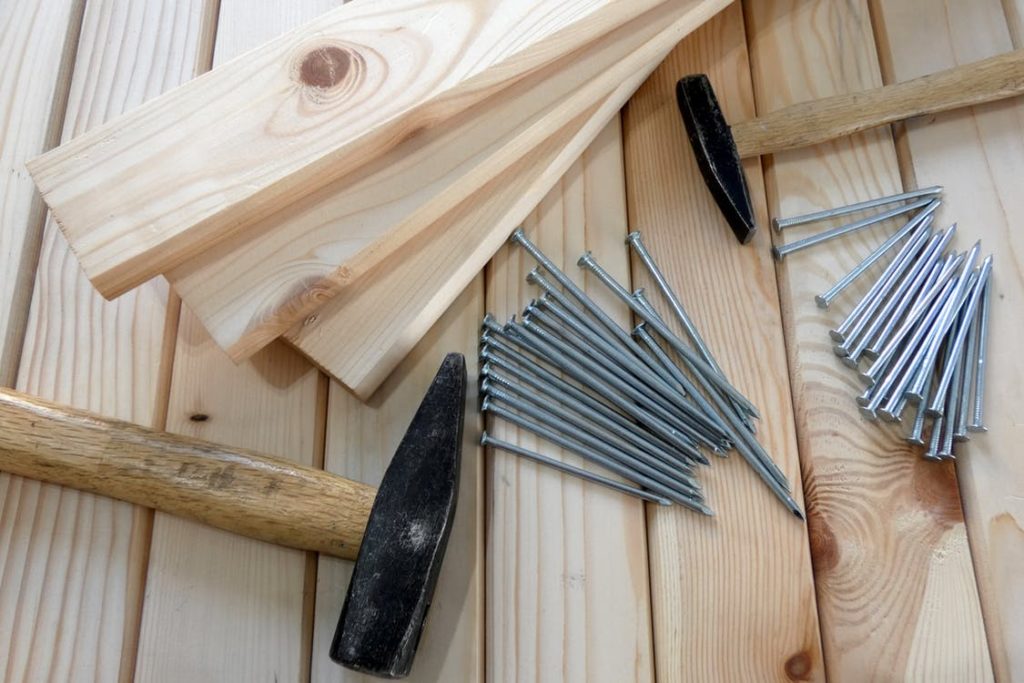Disclosure: This post may contain affiliate links, meaning we get a commission if you decide to make a purchase through our links, at no cost to you. Please read our disclosure for more info.
When it comes to any home improvement or construction projects, finding affordable and high-quality building materials can be a game-changer. Not only does it help you save costs, but it also ensures that your projects are built to last.
The thing is, finding cost-effective building materials without compromising their quality can be a daunting task. But we’ve got you covered! Here are some effective strategies and tips to help you find cheap, high-quality building materials.
In This Post:
Research and Compare Prices
Researching and comparing prices allows you to find good materials that fit your budget and meet your project’s specific needs and specifications. Note that different construction projects have unique requirements.
Take projects that require specific concrete mix designs, for instance. One example is stamped concrete patios that use a concrete mix with added color pigments and possibly fiber reinforcement for increased strength. Another is concrete countertops that require a mix with a fine aggregate, such as quartz, and additives for workability and durability.
If you’re unaware of these technicalities, researching concrete suppliers beforehand can help you identify those offering technical support and guidance on the optimal mix design for your project.
In addition, having researched prices puts you in a better position during negotiations with suppliers. It provides insights into current market rates, which helps you negotiate more effectively for favorable terms and prevents the risk of overpaying.
If you’re unsure where to start, here are several places where you can research and find reasonably priced construction materials:
- Local Building Supply Stores
- Discount Building Material Stores (such as Habitat for Humanity ReStores)
- Online Marketplaces (such as Amazon, eBay, or Alibaba)
- Wholesale Construction Material Suppliers
- Specialized Construction Material Retailers (such as Home Depot or Lowe’s)
- Specialized Online Platforms (such as Builders Surplus or Overstock Building Materials)
- Government Surplus Sales
- Construction Material Rating Websites
- Construction Forums and Communities
- Comparison Shopping Websites
Check Auction Houses
Take advantage of specialized building material auctions, both in-person and online. Construction companies or suppliers often use them to sell excess or surplus construction materials quickly. This can include high-quality items that are no longer needed or part of discontinued lines, typically sold to buyers at competitive prices.
These auctions can easily be checked over the Internet. In fact, many online platforms host auctions for building materials. Examples of these are AuctionZip, eBay, Proxibid, and GovDeals. These websites often allow you to search for specific materials, place bids, and even set up alerts for specific items.
If you prefer an in-person experience, local newspapers and community notice boards often list upcoming auctions. Networking with construction professionals and building material suppliers may also yield information about future auctions.
Take Advantage of Seasonal Sales
Align your purchases strategically with seasonal construction and home improvement sales. Here’s a step-by-step guide on how to leverage seasonal sales for your construction project:
- Create a Material List. Develop a detailed list of the building materials you need for your project. Categorize them based on priority and identify items commonly discounted during seasonal sales.
- Identify Seasonal Sales Periods. Research industry trends. Understand when the construction and home improvement industry typically experiences seasonal sales. Common periods include end-of-year sales, holiday promotions, and seasonal clearances. Note that different regions may vary, so be mindful of local trends.
- Monitor Prices in Advance. Keep an eye on material prices in the months leading up to the anticipated sales period. This allows you to identify the baseline prices, making it easier to gauge the value of discounts during the sale.
- Explore Multiple Suppliers.Research and identify multiple suppliers who participate in seasonal sales. Compare their offerings, discounts, and terms to ensure you choose the one that best suits your needs.
- Plan Your Project Timeline. Align your construction project timeline with the anticipated seasonal sales periods. Plan major material purchases to coincide with these times to take advantage of discounts and promotions.
Before signing a contract, ensure you understand the suppliers’ return policies for participating in the seasonal sales. This ensures flexibility if your project requirements change and you need to adjust your purchases.
Join Building Material Co-ops
If analyzing seasonal sales isn’t your cup of tea, consider joining cooperatives (aka co-ops). Many communities have building material co-ops where members pool their resources to purchase materials at wholesale prices. Joining such a cooperative can grant you access to quality materials at reduced costs and the chance to collaborate with others on bulk purchases.
Some co-ops even handle administrative tasks, such as order processing and logistics, on behalf of their members. They can negotiate tailored solutions with suppliers based on the specific needs of their members. This reduces the administrative burden of their members and leads to more personalized and efficient services.
Final Thoughts
Discovering affordable yet high-quality building materials necessitates thorough research, effective networking, and ingenuity. The secret lies in cultivating patience, resourcefulness, and an open-minded approach, transforming a construction project into a truly gratifying experience.
Image Source: Freepik


